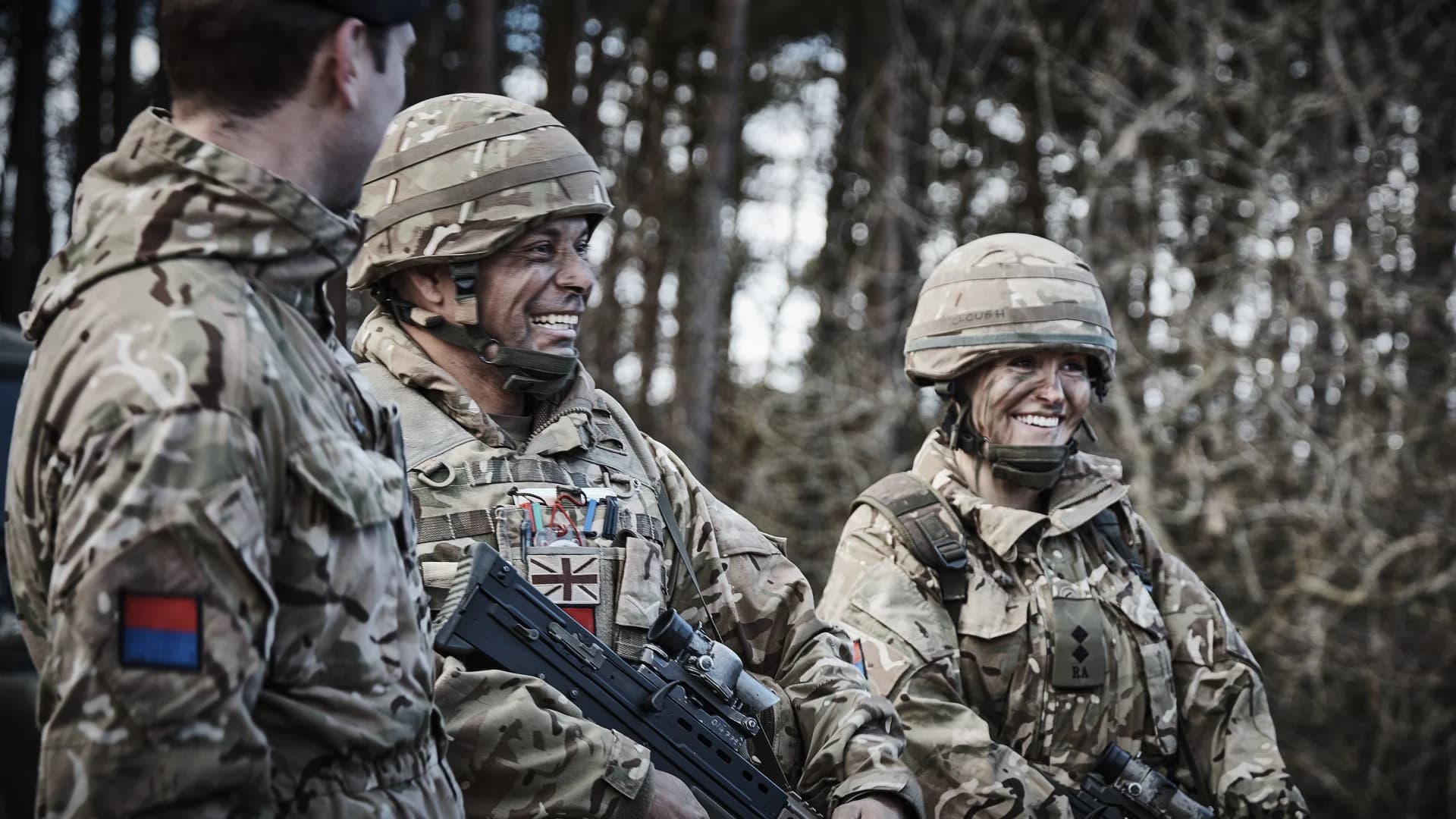
Does the three years of being a GDMO start at the beginning or after the completion of the PQO, AMS and PGMO courses?

Additional information
I've read everything you've written about the career path and career as a medical officer on here, and I am a bit confused about the above. I am currently in my first of my medical degree and am considering applying for the medical bursary before January. I am aware there is a 4-year initial commitment point following foundation years, so would this be at the point of applying for speciality training?
Anonymous asked a question to Tori C.
Category: Role Description
Date asked: Tuesday, June 9, 2020
Last reviewed: Wednesday, June 10, 2020

Tori C.
Regimental Medical Officer
Hello,
The three years starts from the end of FY2, by the time you have done the PQO course (now the short commissioning course) and the PGMO course you have 2 years 2 months left of working as a GDMO.
The 4 year initial commitment does confuse things slightly, as at the end of GDMO you will only have done 3 of those 4 years. The general approach seems to be that if you do want to return to the NHS at the 3 year point when everyone is applying for specialty training, the Army are very unlikely to stop you. There may be a penalty for leaving early, but I have only met cadets that have gone through this (the cadetship is the old version of the bursary). The bursary scheme is still relatively new so I haven't met any bursars who have left after 3 years yet. When you are going through the application they should be able to clarify this for you - make sure to discuss it with someone who is from the AMS (army medical services) as the general recruitment team won't necessarily understand the complexities of doctors career pathways.
Tuesday, June 9, 2020
Anonymous
Thank you Tori, that makes sense! I'm aware to joined after FY2, but do you know what the differences are between foundation years in the army and the NHS (except the increased pay and working in a JHG)? Also, during the application process (AOSB and interview) what do they assess and ask about? Are extra-curriculars useful here or is it more current affairs, medicine and knowledge on the army? Sorry for so many questions!
Tuesday, June 9, 2020

Tori C.
Regimental Medical Officer
I think you have summed it up fairly well there, the pay and where you work are the biggest differences. You also sit under defence deanery rather than the local NHS deanery. They may be slightly more prescriptive about the rotations, I believe you have to do a medical and a surgical rotation in FY1 and you have to do A&E and GP in FY2. The rota will be the same as your NHS colleagues on the same rotation.
AOSB is relatively straight forward, and there is some helpful information on the website https://apply.army.mod.uk/how-to-join/joining-process/officer-recruitment-steps/army-officer-selection
We had several interviews at AOSB, they were all fairly straight forward, one of them was with a nursing officer who asked a couple of more career/med specific questions. No clinical knowledge required!
When I did it, briefing was with all potential officers, but main board was just with other potential PQOs.
It depends what you mean by extra-curriculars, but I found the two most useful things were current affairs knowledge (radio 4 and 'The week' really helped me) and practising time/distance/speed calculations. No medicine knowledge was required. They are looking for a good foundation not the finished product, they just want to see some evidence you have prepared (pass the fitness tests!), that you work well as part of a team and that you are being yourself.
The AMS interview was slightly more daunting, but all you really need is to know about yourself (I remember quite a few questions about my CV) and a bit about current affairs.
I hope that helps answer your question, please feel free to send another message if you need any clarification on the above or have any other questions.
Wednesday, June 10, 2020
This discussion is closed, so no new comments can be added.